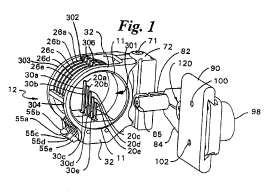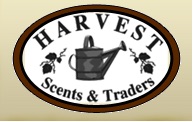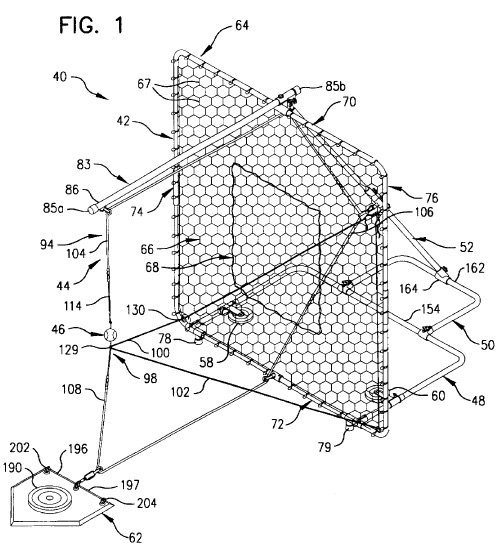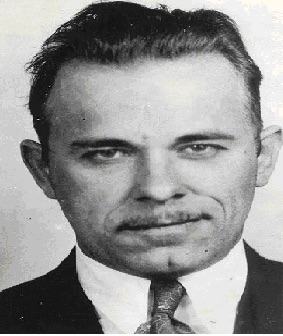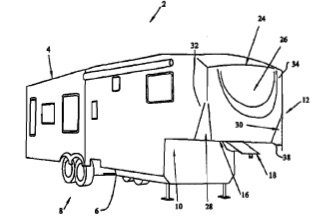Indianapolis, IN – Trademark lawyers for Williams Industries Inc. of Shelbyville, Indiana filed a trademark lawsuit in the Southern District of Indiana seeking to invalidate trademark registration no. 3,081,577 and trademark registration no. 2,862,871 for the mark TRITAN DOUBLE WALL TRUMBLER, which have been registered with the US Trademark Office and are owned by Trevis Tumbler Company of Venice, Florida.
The complaint states that Williams manufactures a line of plastic drinking tumbler, 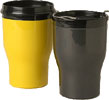 and that Williams has a business relationship with Hit Promotions, Inc. whereby Hit purchases and sells the Williams tumbler. Hit received a cease and desist letter from Tervis in June 2011, stating that Tervis owned the trademarks at issue and claiming that the Williams tumblers infringe the trademarks. In response, Hit stopped selling Williams’ tumbers. Williams claims the trademarked design is simply a “horizontal line” and similar designs have been used on plastic tumblers from various manufacturers for many years. Williams alleges that another company, Signature USA of Minnesota, has sold tumblers with the trademarked design for over 25 years. Williams is seeking a judgment invalidating and rendering unenforceable the ‘577 and ‘871 trademarks, claiming that Tervis made false statements in its trademark application regarding Tervis’s exclusive use of the “horizontal line” design and that the design is generic. Williams’ trademark attorneys have also made claims of tortuous interference with business relationship and common law unfair competition.
and that Williams has a business relationship with Hit Promotions, Inc. whereby Hit purchases and sells the Williams tumbler. Hit received a cease and desist letter from Tervis in June 2011, stating that Tervis owned the trademarks at issue and claiming that the Williams tumblers infringe the trademarks. In response, Hit stopped selling Williams’ tumbers. Williams claims the trademarked design is simply a “horizontal line” and similar designs have been used on plastic tumblers from various manufacturers for many years. Williams alleges that another company, Signature USA of Minnesota, has sold tumblers with the trademarked design for over 25 years. Williams is seeking a judgment invalidating and rendering unenforceable the ‘577 and ‘871 trademarks, claiming that Tervis made false statements in its trademark application regarding Tervis’s exclusive use of the “horizontal line” design and that the design is generic. Williams’ trademark attorneys have also made claims of tortuous interference with business relationship and common law unfair competition.
According to the Indianapolis Business Journal, Tervis’s tumbler business has grown to $75 million.
Practice Tip: The Lanham Act, 15 U.S.C. § 1119, does provide the federal courts with the power “to order the cancelation of registrations, in whole or in part, restore canceled registrations, and otherwise rectify the register with respect to the registrations of any party to the action. Decrees and orders shall be certified by the court to the Director, who shall make appropriate entry upon the records of the Patent and Trademark Office, and shall be controlled thereby.”




